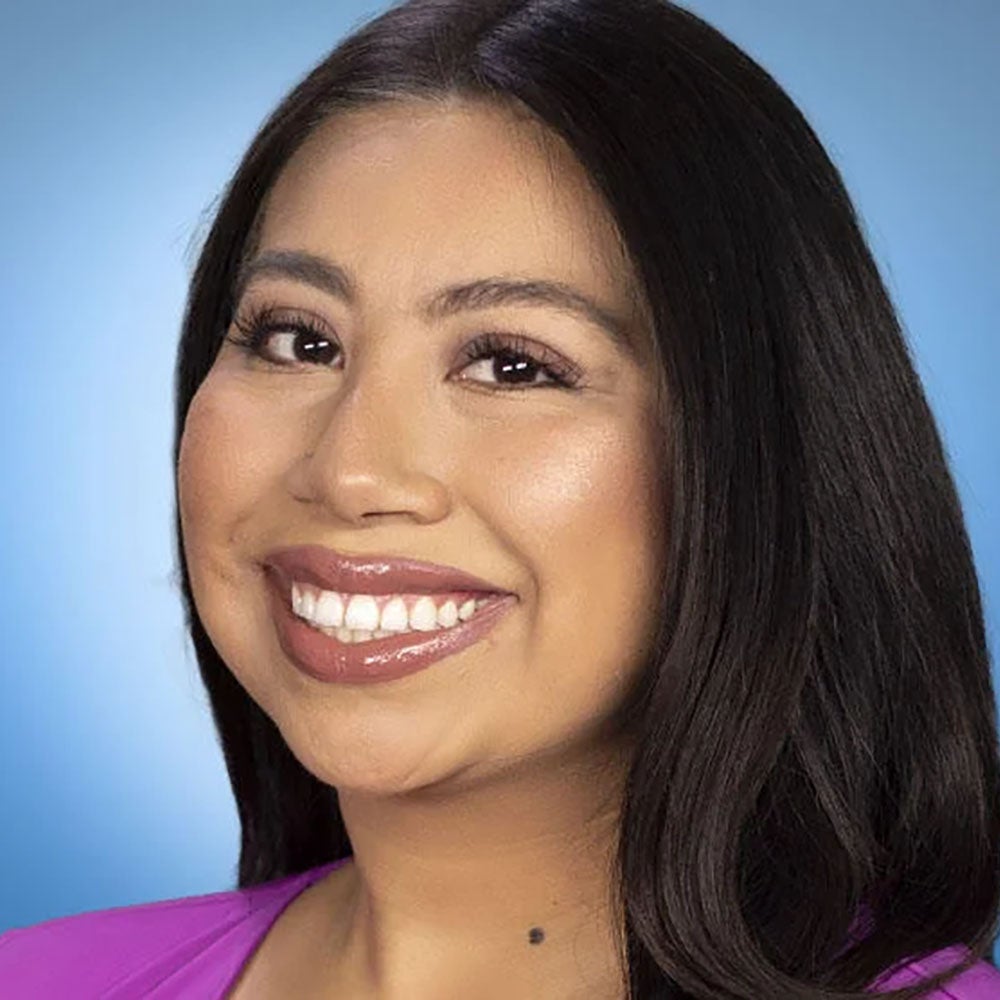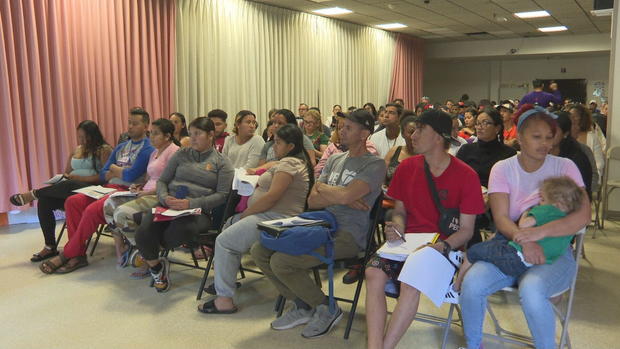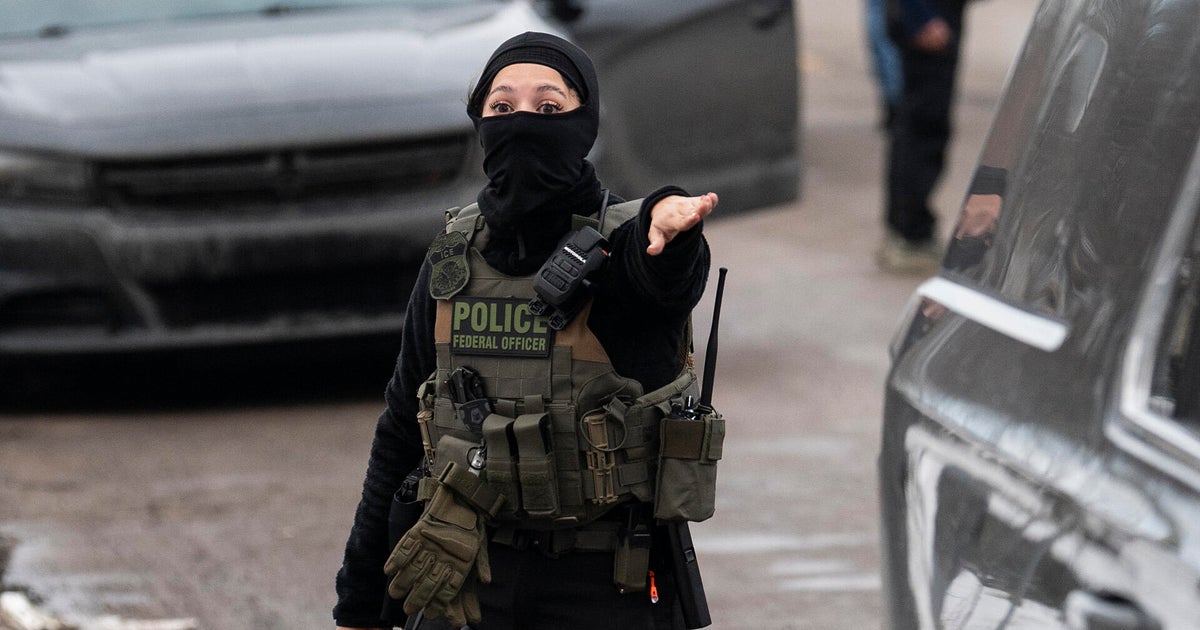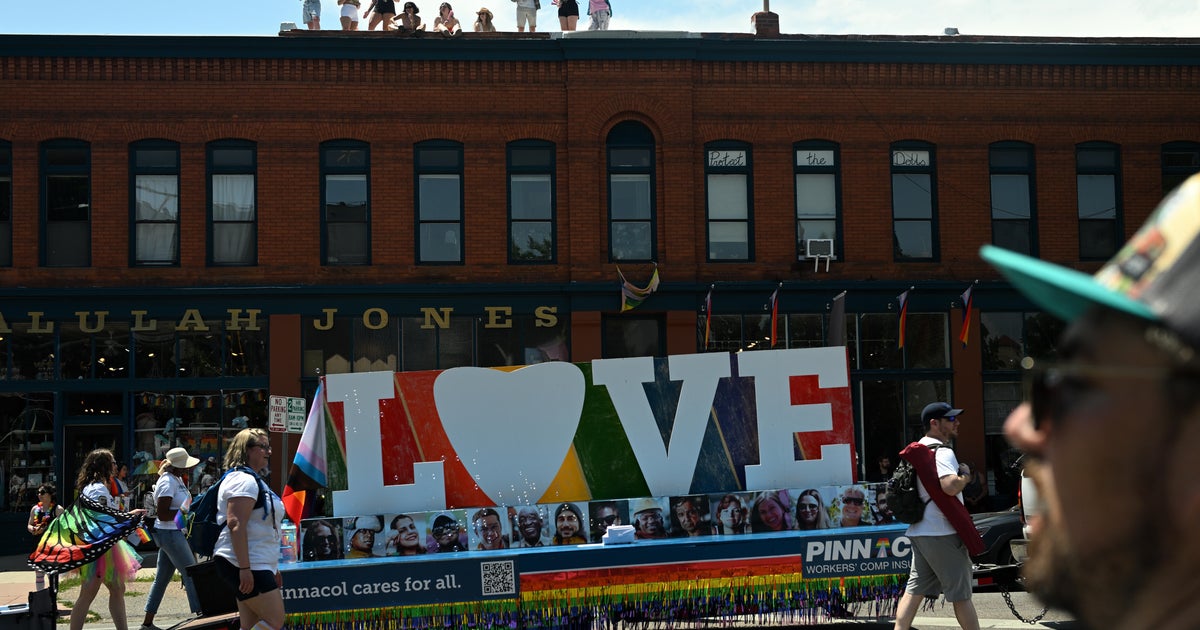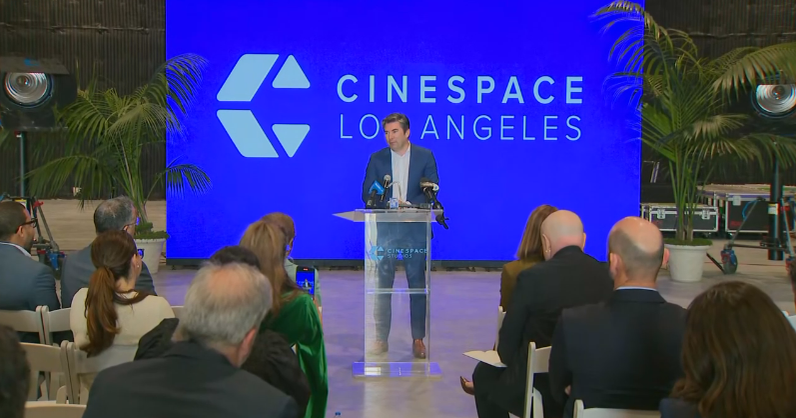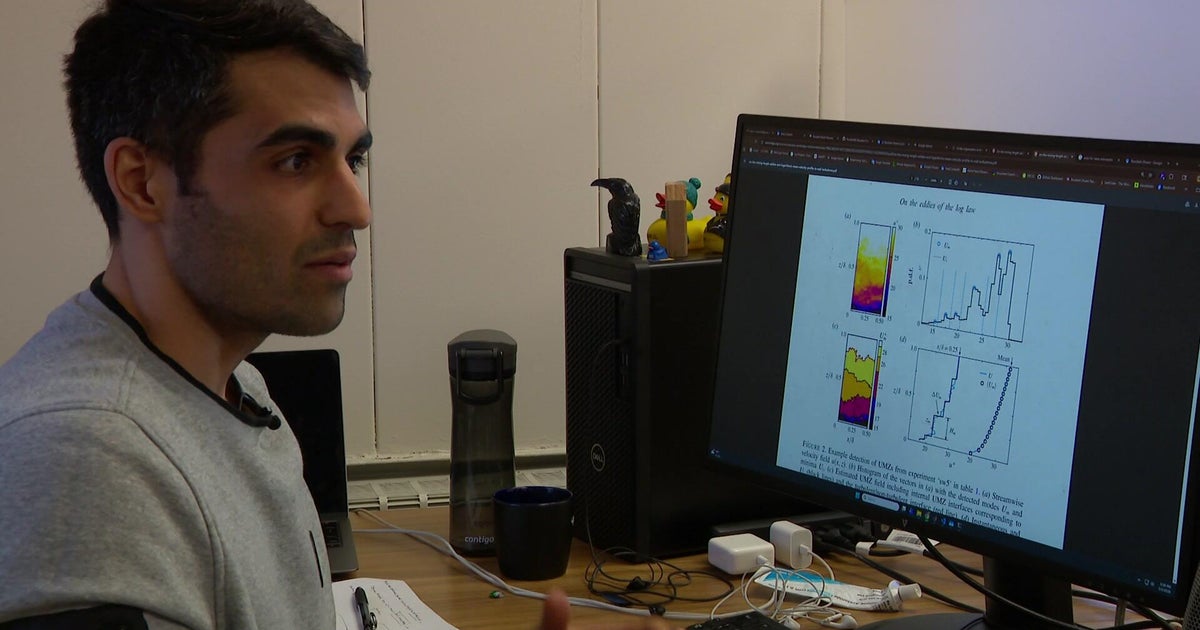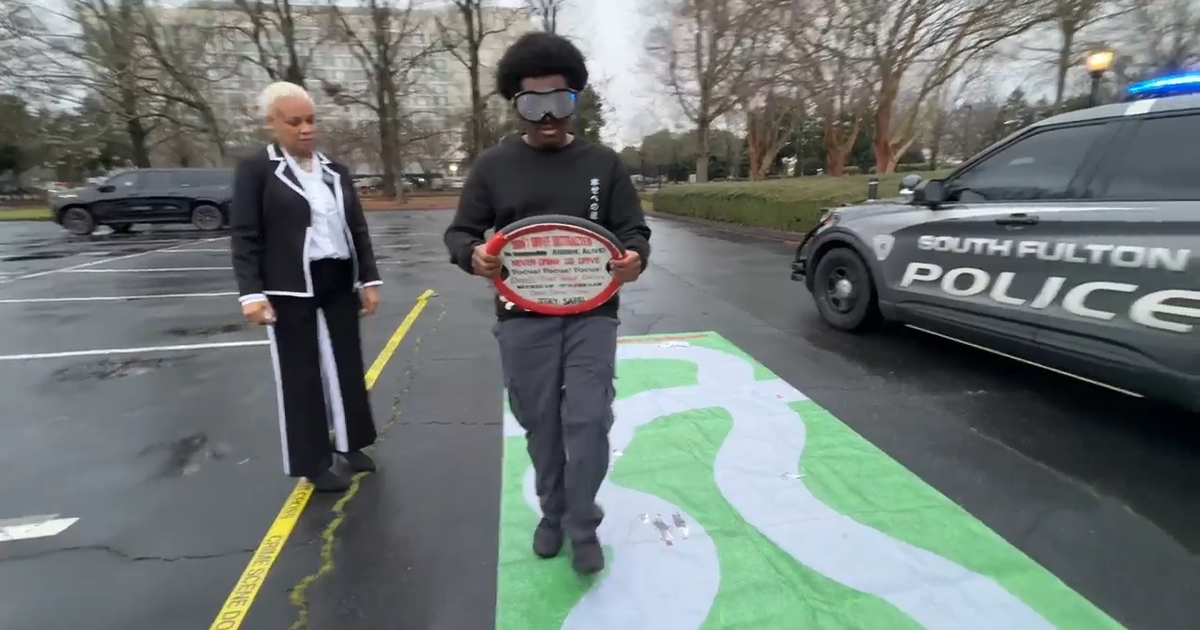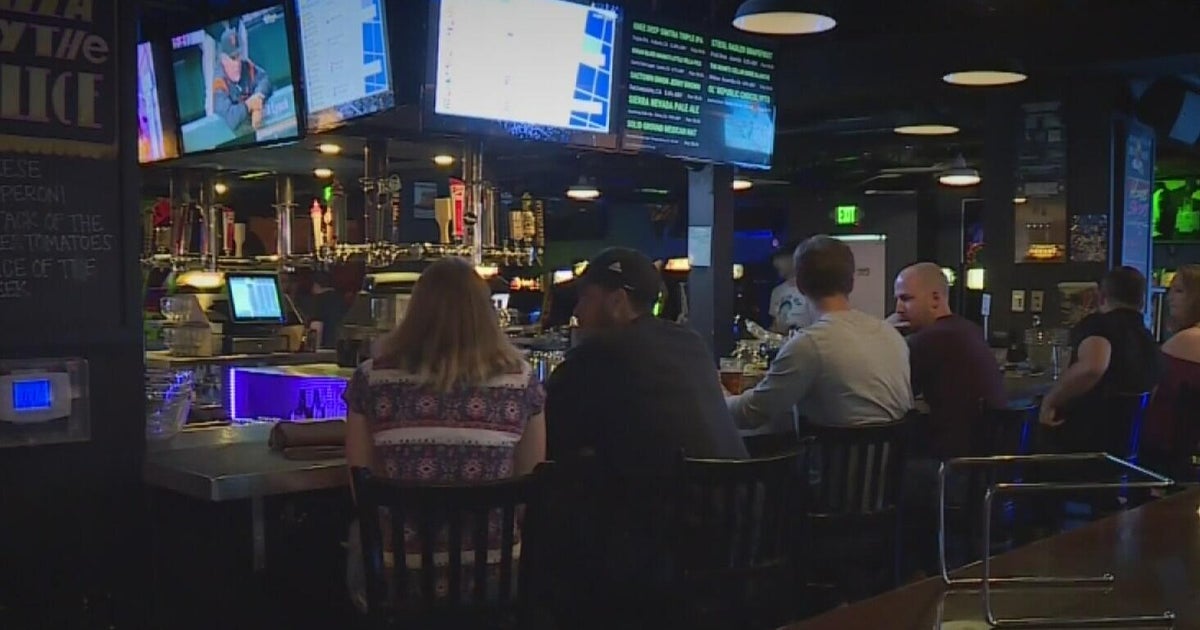Denver Asylum Seekers Program to help 800 migrants down a path to work and live in the city
The Denver Asylum Seekers Program aims to help hundreds of migrants join the area's workforce legally. Centro de Los Trabajadores received a $2.25 million from the city of Denver for the WorkReady program, which is part of the DASP.
This comes after Denver Mayor Mike Johnston made the announcement about the program in April, as it looks to provide migrants with the necessary tools to be successful in the city.
At the program's orientation, a glimmer of hope was shed for those who attended.
City of Denver officials created this program to help those families and individuals without support in the U.S.
By the end of June, the city hopes to have a total of 800 people on a path to legally working and living in the U.S.
Sarah Plastino, the city's newcomer program director, welcomed hundreds of families into orientation for the DASP program as she shared program guidelines.
Jon Ewing, a spokesperson for Denver Human Services, says this unique program can be the answer to helping hundreds of families, who otherwise would not know how to make it in the city.
"These are people whose only path for providing for themselves is to scrape by on under the tables jobs, try to make it month by month; that's not what we want for them," Ewing said.
At least 650 families sat in a conference room over the last two days, as they each held the paperwork and guidance for the program that will be in effect for the next six months of their lives.
The tools to success provided by the city includes six months of rental assistance, job training, a cellphone, a bus pass, a laptop, food stamps and legal help with their asylum application.
"Right now, they are legally barred from supporting themselves while they work through their legal process for six months," Ewing said. "This is help you will not find anywhere else in the United States of America."
People who are like 42-year-old Yakelin Gutierrez agree. She left Venezuela for reasons beyond the corruption.
"I came here for my son," Yakelin said in Spanish, "For medical attention, diapers, milk. Because over there, we can't afford anything, and we work, and it's never enough."
For the past six months, Yakelin has received all that and more. Her son, 1-year-old Sergey, has Down syndrome, which made the situation in Venezuela worse for her. During her time in Denver -- not only has she received shelter -- she has received medical help for her son.
"I can't even begin to put into words how they have helped me; it's been a lot of help," Yakelin explained.
She can now also work and learn the language thanks to the program.
The program requires at least one adult from each household to participate in the workforce training program, which is 20 hours a week.
They will then be paired up with a job coach, share their skills, hopes and dreams. Participants will then have to take several classes, including financial literacy, resettlement and ESL.
Tony Anderson with Denver Economic Development and Opportunity says this will help migrants, and it will also help the city.
"We feel like it is an extremely valuable investment into these individuals to better prepare them for work once work authorization status comes, and we want to then immediately connect them to the thousands of jobs the city is looking to fill," Anderson said.
According to the city, the 14-month contract with Centro de Los Trabajadores looks to build a group that can move into jobs that are experiencing significant labor shortages. The city and the program look to accomplish this by getting individuals on a path to work authorization, education, training and employment opportunities.
DASP will allow families like Yakelin's to thrive and have a chance at a life in Denver.
